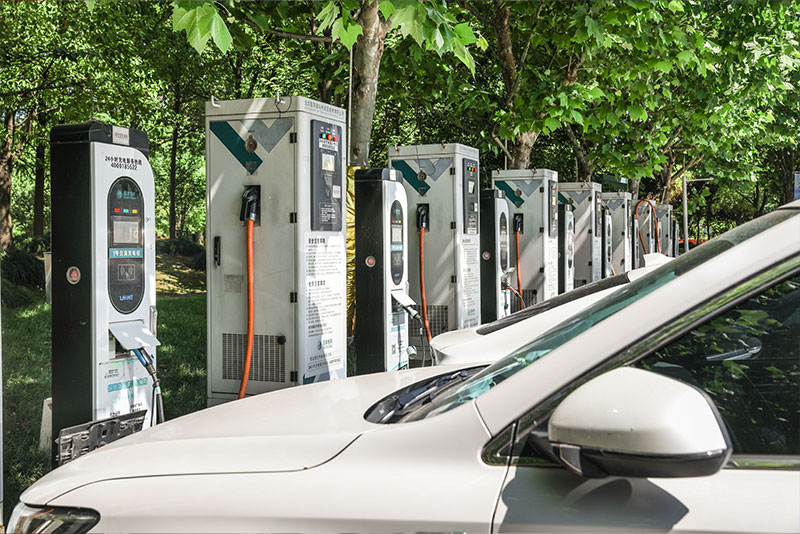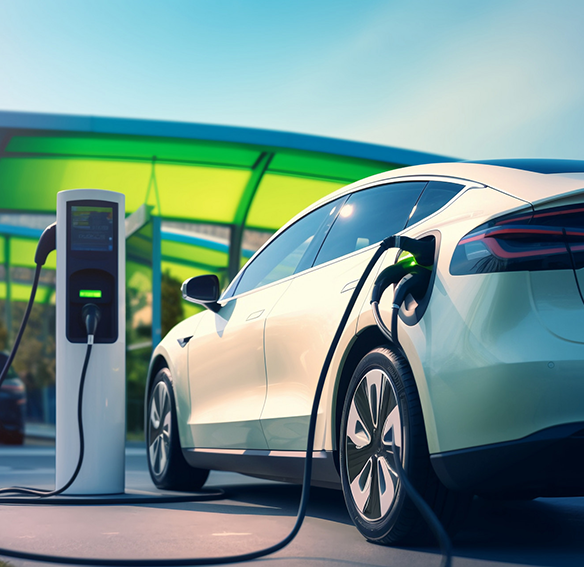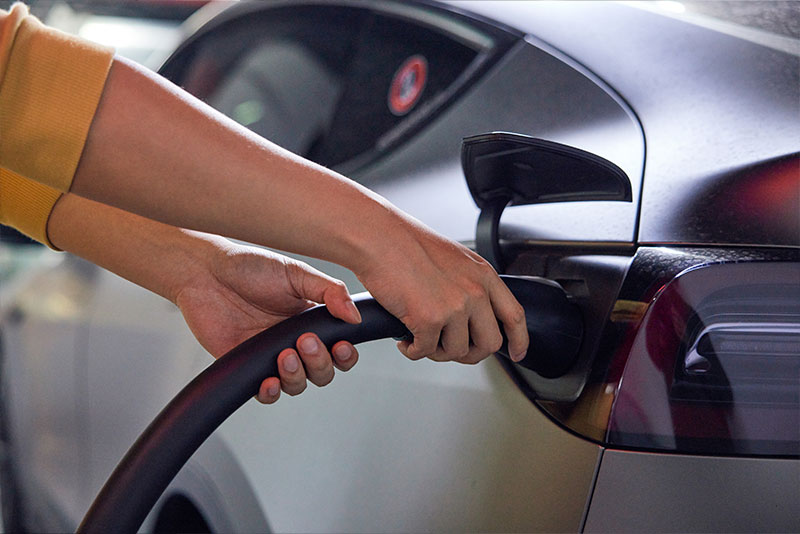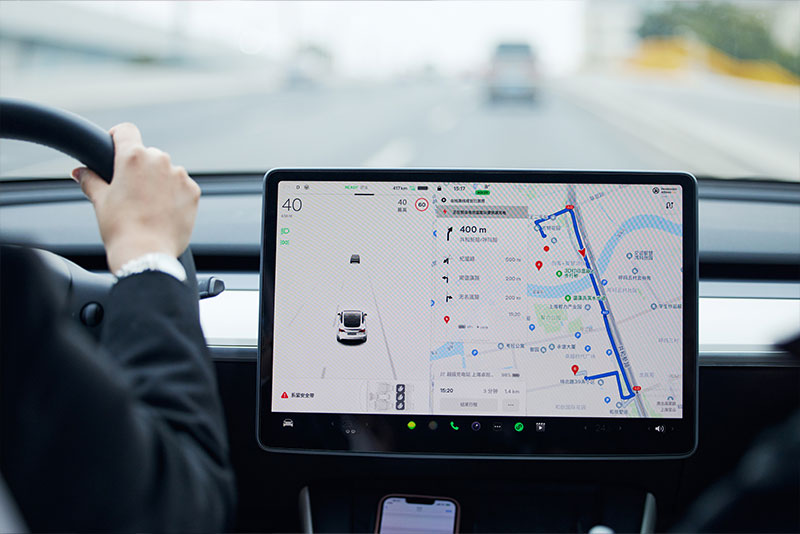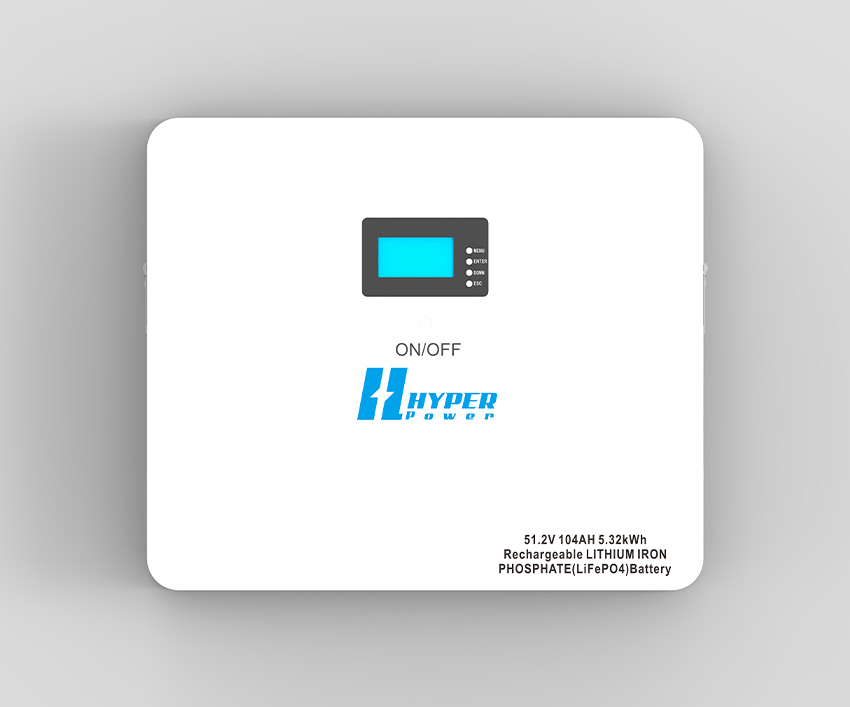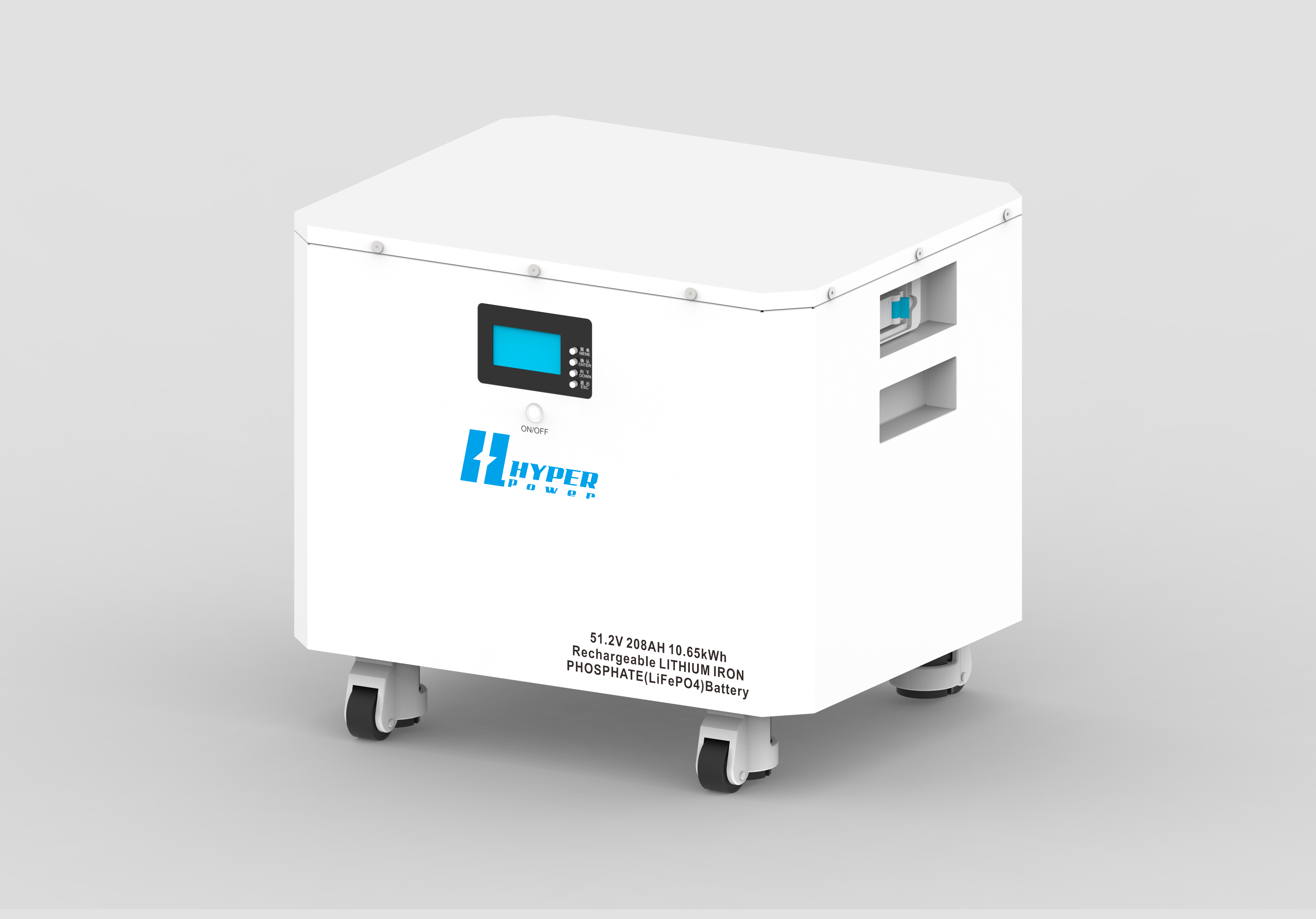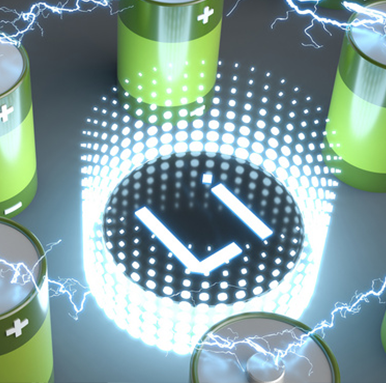The Ultimate Guide to Lithium-Ion Car Batteries
In the rapidly evolving world of electric vehicles (EVs), lithium-ion car batteries play a pivotal role in shaping the future of transportation. These powerful and efficient energy storage systems are at the heart of the transition to sustainable, emission-free vehicles. As the demand for electric vehicles continues to surge, the lithium-ion car battery has emerged as the preferred choice due to its superior performance, durability, and eco-friendliness compared to traditional battery types.
This guide will delve into the workings of lithium-ion car batteries, their advantages, challenges, maintenance practices, environmental considerations, and what the future holds for this cutting-edge technology. Whether you’re an EV owner, enthusiast, or someone exploring the potential of electric vehicles, this comprehensive guide will provide you with all the information you need to understand lithium-ion car batteries.
What Are Lithium-Ion Car Batteries?
Lithium-ion car batteries are a type of rechargeable battery commonly used in electric vehicles due to their high energy density, light weight, and longevity. Unlike traditional lead-acid batteries or nickel-metal hydride (NiMH) batteries, lithium-ion batteries can store more energy in less space, which is critical for electric vehicle applications where compactness and power are crucial.
These batteries consist of several key components:
- Anode: Typically made from graphite, the anode is the negative electrode of the battery.
- Cathode: The cathode is made from a lithium metal oxide and acts as the positive electrode.
- Electrolyte: A lithium salt dissolved in an organic solvent, the electrolyte facilitates the movement of lithium ions between the anode and cathode.
- Separator: A porous material that keeps the anode and cathode from touching while allowing ions to pass through.
- Battery Management System (BMS): This is an integral system that monitors the health, voltage, and temperature of the battery, ensuring safe operation.
In an electric vehicle, lithium-ion car batteries work by moving lithium ions between the anode and cathode during charging and discharging cycles. When the vehicle is being driven, the battery discharges, releasing energy that powers the electric motor. During charging, the ions move back from the cathode to the anode, storing energy for the next drive.
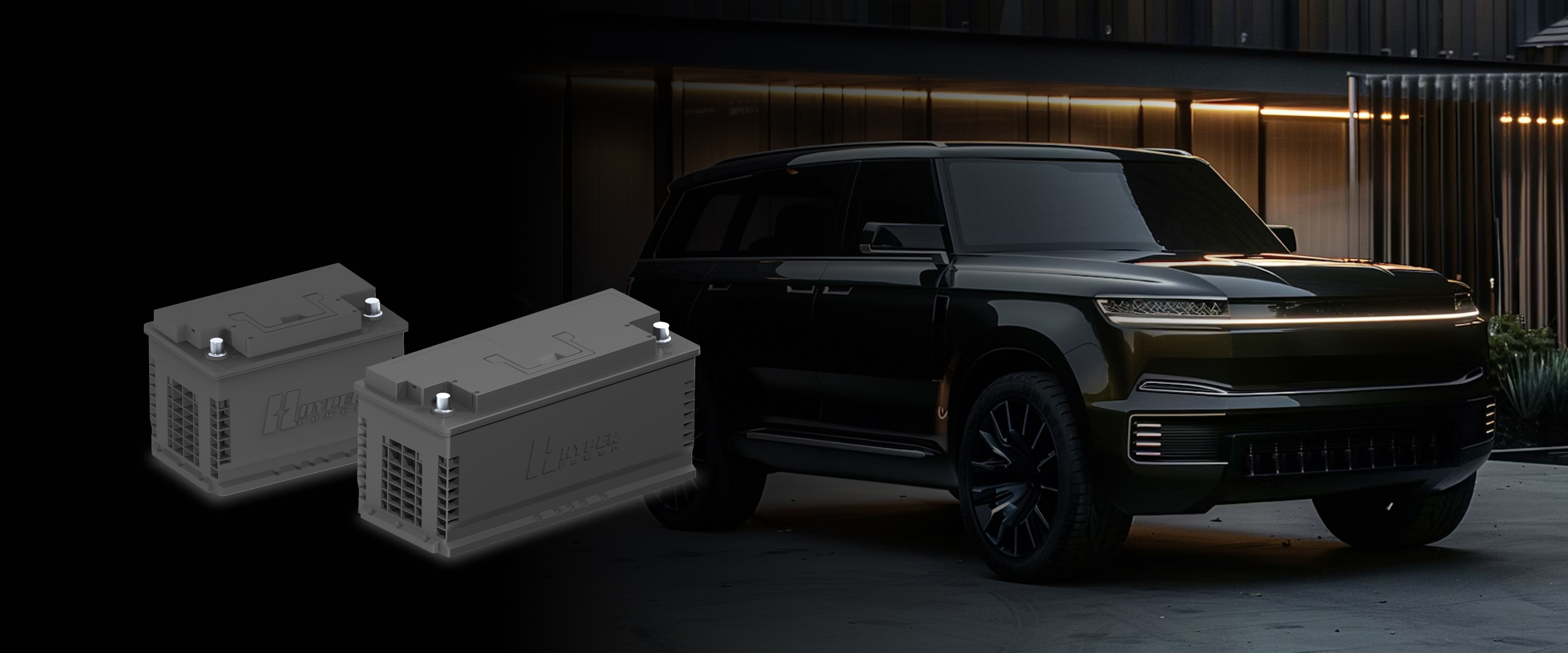
How Do Lithium-Ion Car Batteries Work?
The operation of a lithium-ion car battery can be broken down into a series of simple steps. Understanding this basic process is essential to appreciating how these batteries power electric vehicles efficiently.
- Discharge Process: When the vehicle is in use, the battery is discharging. During this phase, lithium ions move from the anode to the cathode through the electrolyte. This flow of ions is what generates the electric current that powers the car’s electric motor, enabling the vehicle to move.
- Charge Process: When the vehicle is plugged into a charging station, the battery begins the recharging process. The current from the charger forces the lithium ions to move back to the anode from the cathode, storing electrical energy for future use.
- Energy Density: The ability of lithium-ion car batteries to store a large amount of energy in a small and lightweight package is one of their defining features. This higher energy density is a significant advantage, as it enables electric vehicles to travel longer distances without adding significant weight or size to the battery pack. This is why lithium-ion batteries are favored over other types, which are typically bulkier and less efficient in terms of energy storage.
- Voltage Stability: Lithium-ion batteries are also known for their voltage stability, which means they provide consistent power output until the battery is nearly depleted. This ensures that electric vehicles maintain a steady performance throughout the entire driving range, unlike some older battery technologies that experience a drop in power as they discharge.
Why Are Lithium-Ion Car Batteries the Preferred Choice for Electric Vehicles?
There are several reasons why lithium-ion car batteries have become the gold standard in the electric vehicle industry. Let’s examine some of the key benefits that have contributed to their widespread adoption:
1. Higher Energy Density
Energy density refers to the amount of energy that can be stored in a given space. Lithium-ion car batteries have one of the highest energy densities among all types of rechargeable batteries, which means they can store more energy per unit of weight and volume. For EVs, this translates to longer ranges between charges, which is a critical factor for consumers considering making the switch from gasoline-powered cars to electric vehicles.
A typical lithium-ion car battery can store anywhere from 150 to 250 watt-hours per kilogram (Wh/kg) of energy, with some advanced models even pushing past 300 Wh/kg. This makes lithium-ion batteries much more efficient and practical for powering electric cars compared to older technologies like lead-acid or nickel-metal hydride batteries.
2. Faster Charging
Compared to older battery technologies, lithium-ion car batteries can charge at much faster rates. The chemical properties of lithium-ion technology allow for quicker electron flow, meaning that the charging time for a lithium-ion car battery can be reduced significantly.
A Level 1 charger (standard 120V outlet) can take over 24 hours to fully charge an EV, while a Level 2 charger (240V) can do so in 4-8 hours. Even faster, DC fast chargers can recharge a lithium-ion car battery to 80% in under 30 minutes.
This reduction in charging time is one of the primary factors driving the growth of the electric vehicle market. Shorter charging times mean less inconvenience for users, making electric vehicles more comparable to the convenience of refueling a gas-powered car.
3. Longer Lifespan
One of the most important features of lithium-ion car batteries is their long lifespan. With proper care, these batteries can last between 8 to 15 years, depending on usage patterns and environmental factors. Most electric vehicle manufacturers provide warranties for lithium-ion car batteries ranging from 8 to 10 years, which further boosts consumer confidence.
A typical lithium-ion car battery can handle between 1,000 and 1,500 charge cycles before its capacity begins to decline significantly. As a result, EV owners can expect many years of reliable service from their vehicle batteries before they need to be replaced, which adds to the overall cost-effectiveness of owning an electric vehicle.
4. Reduced Weight
Compared to other rechargeable battery types, lithium-ion car batteries are much lighter. The lighter weight is essential for improving the overall efficiency of electric vehicles, as it helps to increase the driving range while reducing the energy consumption required for driving.
Lead-acid batteries, for example, are much heavier and bulkier, making them less suitable for use in electric vehicles. This is another area where lithium-ion car batteries excel, contributing to the overall design and performance benefits of EVs.
5. Environmentally Friendly
While all batteries have some environmental impact, lithium-ion car batteries are generally considered to be more environmentally friendly than older battery types. They do not contain toxic heavy metals like lead or cadmium, which can be harmful to both the environment and human health.
Furthermore, as technology advances, lithium-ion batteries are becoming more recyclable, and many manufacturers are working to develop more sustainable ways to source the materials used in their production. This helps to reduce the environmental footprint of electric vehicles and makes them a more attractive option for eco-conscious consumers.
How Long Do Lithium-Ion Car Batteries Last?
The longevity of lithium-ion car batteries is one of the key considerations for consumers when purchasing an electric vehicle. Typically, a lithium-ion car battery will last between 8 and 15 years, depending on several factors including:
1. Usage Patterns
How often you drive your vehicle, how far you travel on a regular basis, and how often you charge your lithium-ion car battery can all impact its lifespan. For example, frequent long-distance driving can increase the rate of wear on the battery, while charging the battery more frequently (particularly to 100%) may also reduce its lifespan.
2. Temperature
Extreme temperatures—especially heat—can accelerate the degradation of lithium-ion car batteries. High temperatures cause the internal chemical reactions within the battery to break down more quickly, which can shorten its overall lifespan. To mitigate this, many electric vehicles have cooling systems built into their batteries to regulate temperature during hot weather conditions.
3. Charging Habits
Proper charging habits are essential for maximizing the life of your lithium-ion car battery. Ideally, you should avoid fully depleting your battery and refrain from overcharging it. Keeping the battery charge level between 20% and 80% is considered the optimal range for maintaining long-term health. Overcharging or draining the battery to 0% on a regular basis can significantly shorten its lifespan.
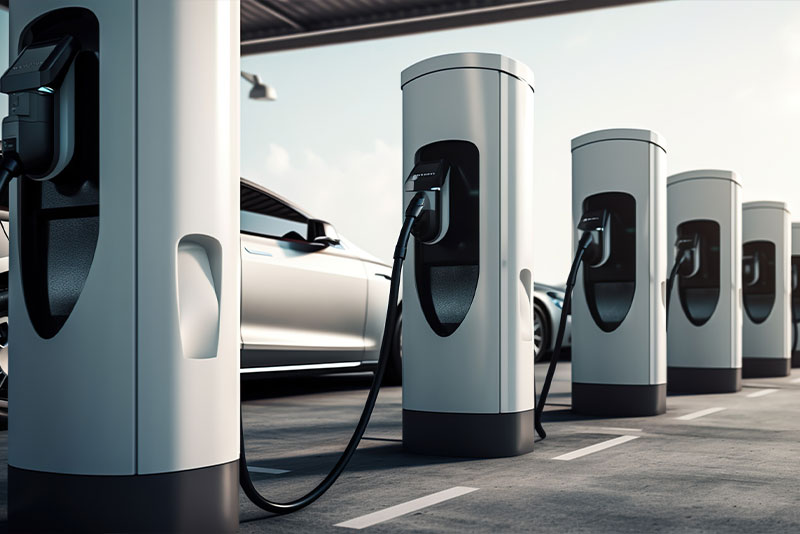
Charging Lithium-Ion Car Batteries
Charging is one of the most critical aspects of owning an electric vehicle with a lithium-ion car battery. There are several methods for charging, each with different advantages and time frames:
1. Home Charging
Most EV owners charge their lithium-ion car batteries at home using Level 1 or Level 2 chargers. Level 1 chargers plug into standard 120V household outlets, but they charge slowly, usually taking around 24 hours for a full charge.
Level 2 chargers, which use 240V outlets, are much faster and can charge the battery to 100% in 4-8 hours. Many EV owners install Level 2 chargers at home for faster and more convenient charging.
2. DC Fast Charging
DC fast chargers are the quickest way to recharge a lithium-ion car battery. These chargers use high-voltage direct current to recharge the battery to 80% in just 30 minutes or so. DC fast charging stations are commonly located along highways or in high-traffic areas for quick, on-the-go recharges.
Challenges and Considerations
While lithium-ion car batteries have revolutionized the electric vehicle industry, there are still some challenges that need to be addressed, such as:
- Cost: Although battery prices have fallen significantly over the years, lithium-ion car batteries remain a significant part of the overall cost of an electric vehicle. However, as manufacturing processes improve, prices are expected to continue decreasing.
- Resource Availability: The production of lithium-ion car batteries relies on materials like lithium, cobalt, and nickel, which are often sourced from regions with geopolitical or environmental concerns. Sustainable sourcing and recycling methods are critical for the future of these batteries.
- Recycling: While lithium-ion car batteries are more recyclable than older battery types, there is still work to be done to improve the efficiency and scalability of recycling processes to reduce waste and reuse valuable materials.
Conclusion
In conclusion, lithium-ion car batteries have transformed the electric vehicle industry, offering unparalleled energy efficiency, durability, and performance. While challenges remain, the rapid advancements in battery technology promise a future of even more efficient, affordable, and sustainable electric vehicles.
Whether you’re driving an EV or simply exploring the potential of lithium-ion car batteries, understanding how these batteries work, their benefits, and the factors that influence their lifespan will help you make informed decisions about your transportation choices and future mobility needs.
Blog

Maximizing Energy Independence with Home Lithium Battery Storage

How Residential Photovoltaic Energy Storage Systems Empower Sustainable Homes
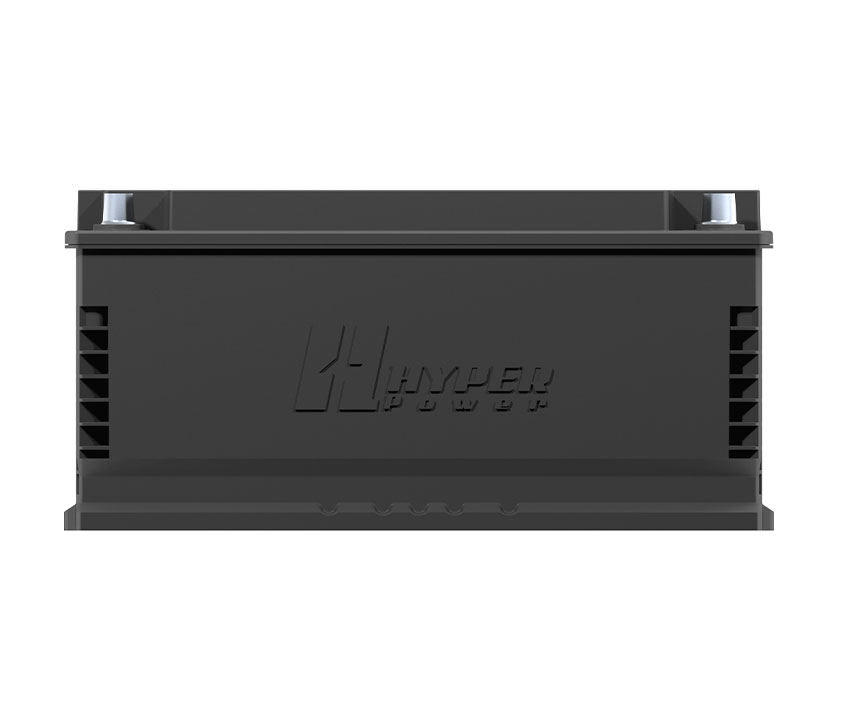
Why the 12V Lithium Ion Car Battery is the Smarter Automotive Power Solution — Insights from JEJE Energy
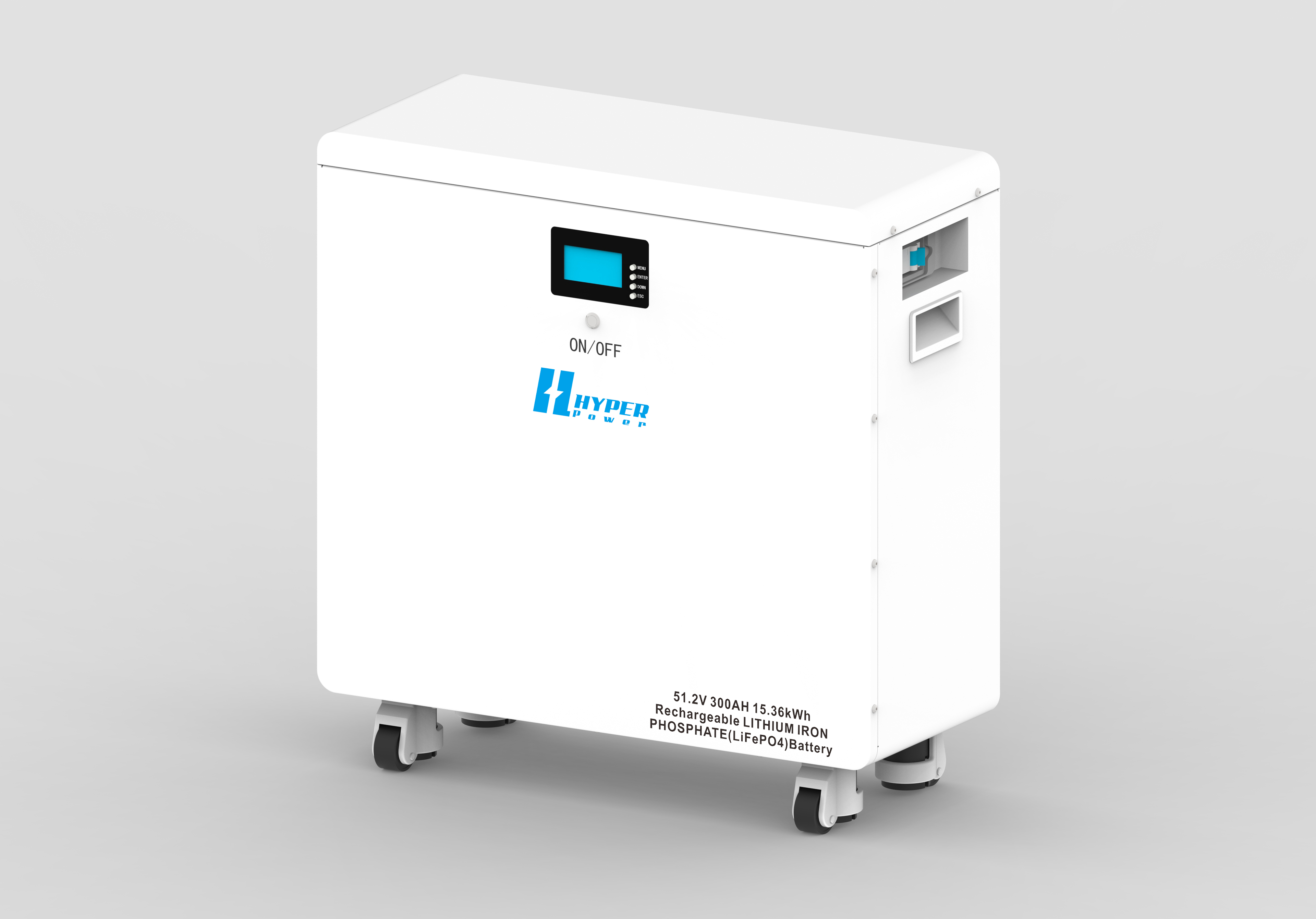









-Charging.png)
.jpg)











